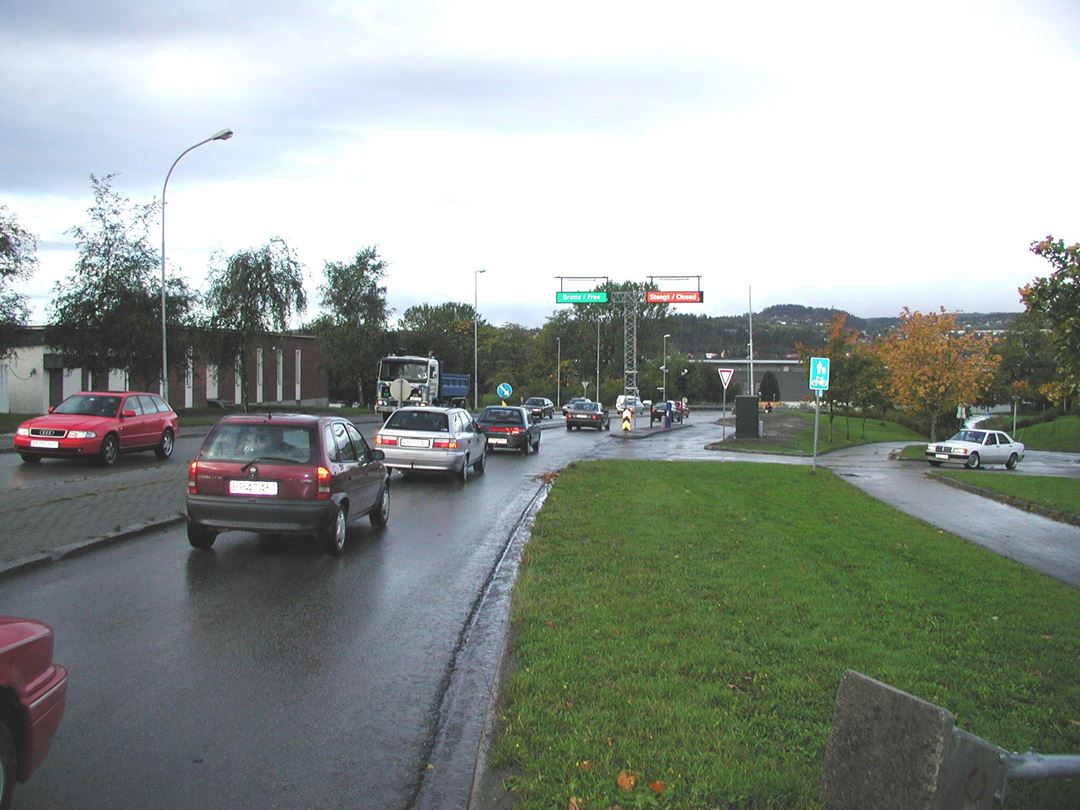Almost four out of five travellers prefer solutions that offer automatic payment of toll fees and ferry tickets, even when these involve handing over personal data.
The growing use of electronic registration and storage of data means that huge amounts of data are being gathered in connection with transport.
This is leading to the development of an infrastructure that opens up the possibilities of utilising technology to register more and more information, using that information for new purposes or allowing it to be used by other instances.
Data can be transferred without the person who is being registered even being aware that this is happening. As far as personal data protection is concerned, therefore, this new technological potential presents significant challenges.
Strong belief in ICT solutions
SINTEF has just performed a study of how the authorities, suppliers of transport services and users of such services evaluate personal data protection in intelligent transport systems. The project was carried out as part of the Norwegian Public Roads Administration project ”Personal data protection and traffic”.
The authors of the report describe how different actors perceive the risk of personal data protection regulations being violated by transportation systems that employ information and communication technology to make the system safer and more efficient.
The study shows that there is a high level of faith in CCTV monitoring as a traffic-safety measure, and technological solutions that are advantageous for the individual user, such as rapid payment systems and efficient toll-station passage, are widely accepted.
Systems such as speed barriers and automatic traffic control, are not so popular, but in these cases too, ICT solutions win out over personal data protection considerations.

